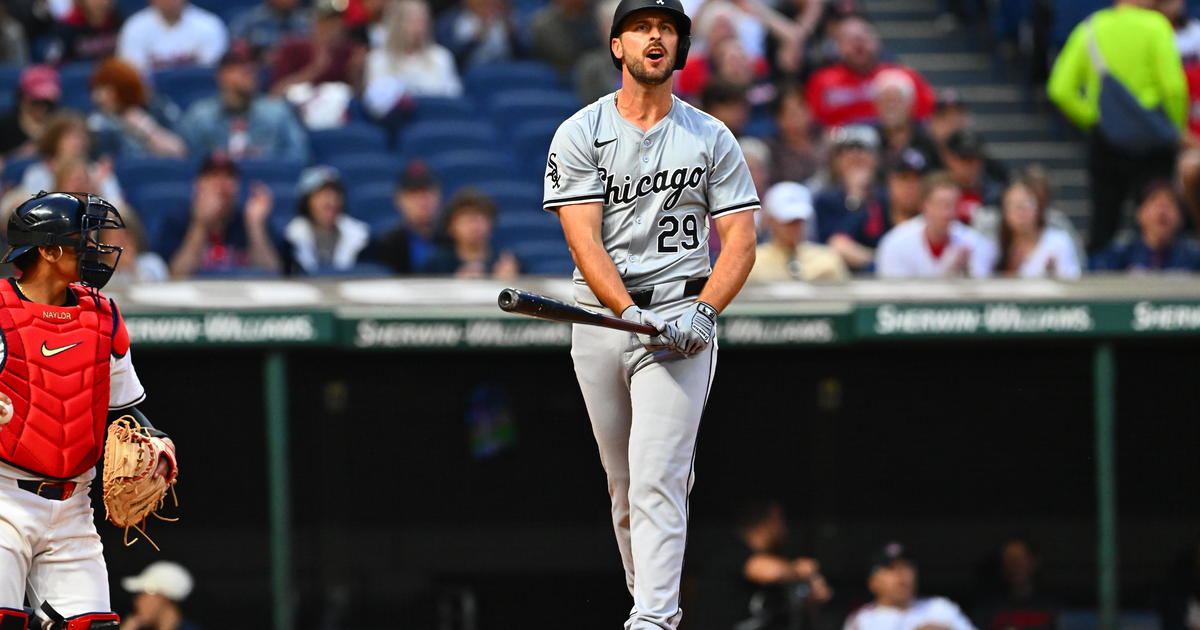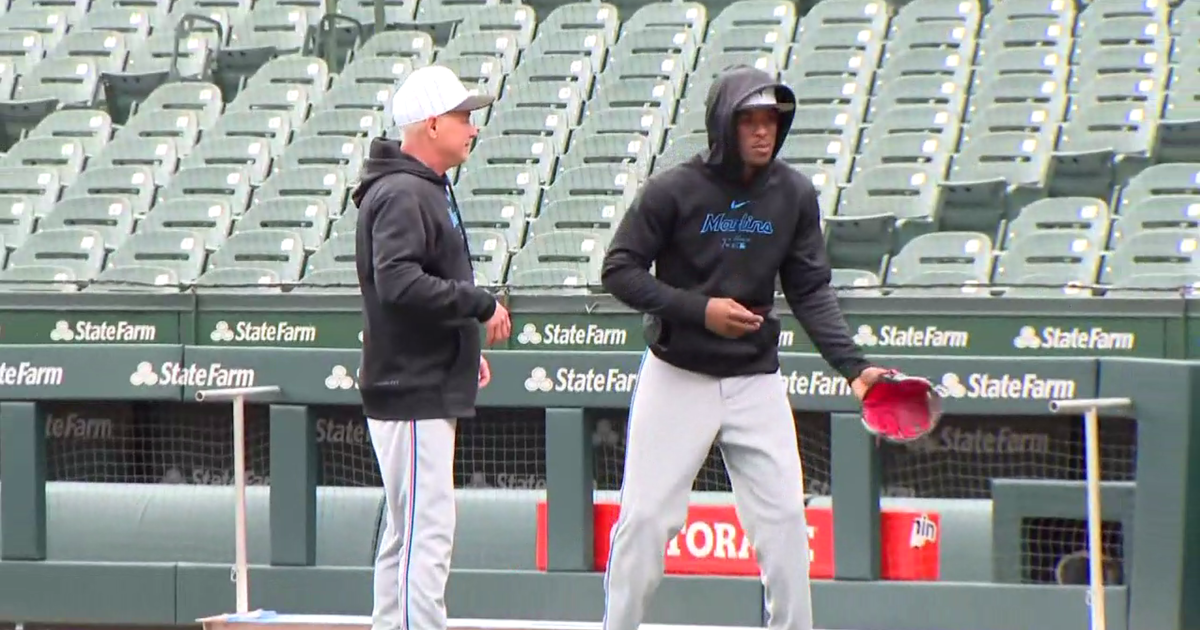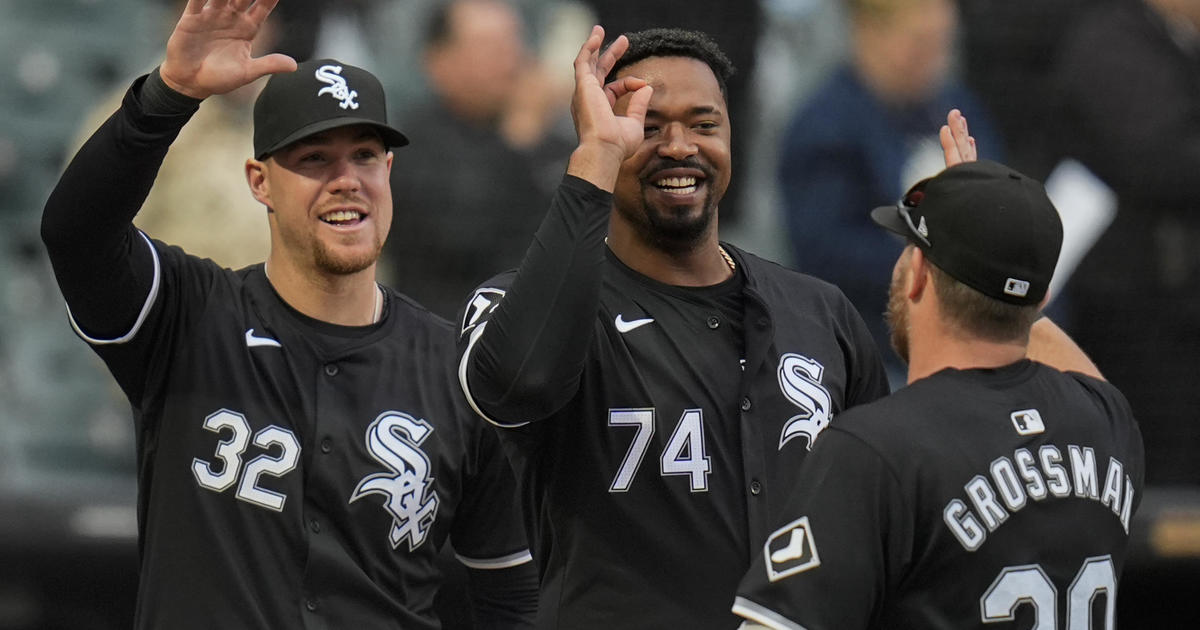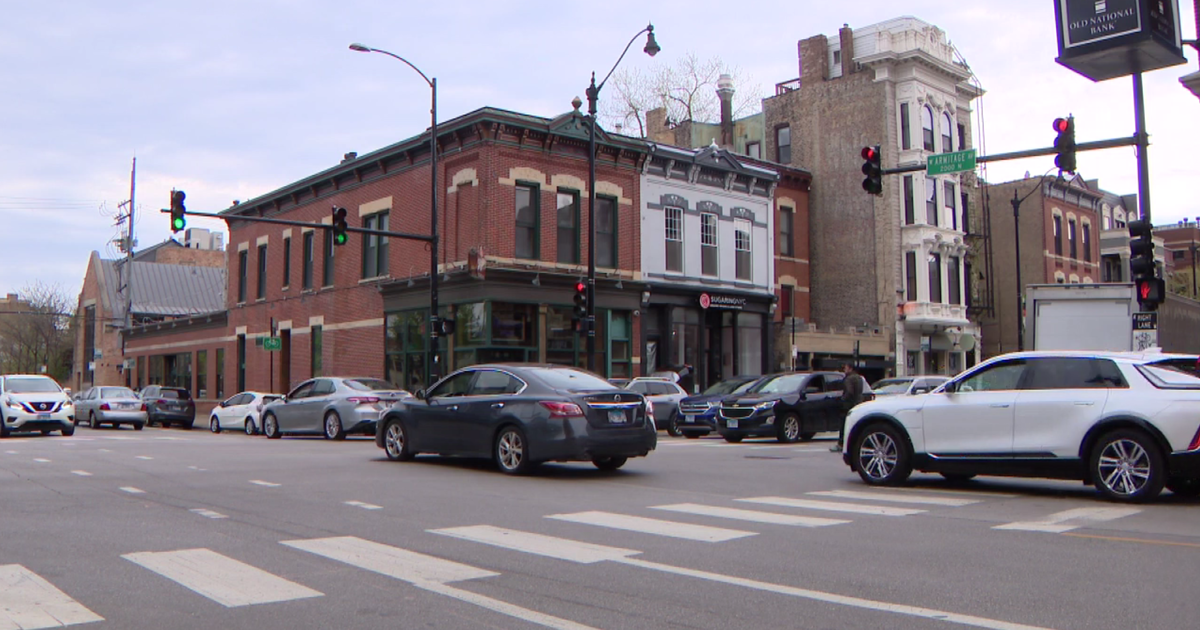Levine: Jackie Robinson Remembered In Many Different Ways
By Bruce Levine--
CBSChicago.com senior columnist
(CBS) That Jackie Robinson was of the most important people of the 20th century is a documented fact. Robinson broke the color barrier in baseball on April 15, 1947. Now 70 years later, his impact and presence are still as significant as the day he played first base at Ebbets Field in Brooklyn all those years ago.
Baseball honors Robinson every April 15 with all 750 big league players wearing No. 42, which is also permanently retired by all 30 teams. What has been missed has been the essence of Robinson as a spectacular player who changed games with his offense, defense and base-running skills.
A statue of Robinson stealing home plate as a rookie will be unveiled at Dodger Stadium on Saturday. This will be the first statue dedicated to any player at Dodger Stadium.
Robinson possessed an inner drive and desire to win that both delighted and enraged people at the same time. He was already an accomplished player when he arrived in Brooklyn having played in the Negro Leagues before his one year in the minor leagues.
"Robinson just didn't come to the park to beat you," Hall of Fame manager Leo Durocher once said. "He came to stuff the damn bat right up your (butt)."
Passing away at 53 in 1972 due to complications from diabetes, Robinson was a civil rights activist long before it was a movement. The irony of Brooklyn president Branch Rickey picking Robinson to be the first black player in the game since the early 1900s was that Robinson was a self-admitted hot head. During his life in college and the Army, he had numerous scraps with people defending the rights of himself and others as equal citizens of the United States.
Rickey saw the inner drive and quality of Robinson. Most importantly, Rickey saw a great intelligence in the man he chose to change an entire country's thinking about race.
Cubs manager Joe Maddon had many conversations with the late Don Zimmer, the former Cubs manager who played with Robinson in the 1950s.
"Zim always talked about how good of a player Jackie was," Maddon said. "He talked about how hard Robinson played. Zim said he was a great teammate and a great player. They probably should talk more about how great of a player he was. That is what Zim thought."
Modern day players have their own view of Robinson's impact on life and sports.
"This is one of the fun things in this game, that you can pay homage to a historic moment like this one," Cubs outfielder Jason Heyward said. "Especially for the off-the-field impact as well. I might play with my socks up (the style in the 1940s and 1950s) just to pay tribute to him."
Robinson was one of a limited number of African-Americans who came from a mainstream college in the 1940s. He was a football, track and field and baseball star at UCLA.
The numbers of African-American baseball players in the major leagues is at a 59-year low of 7.1 percent.
"The scholarship numbers in baseball are really low," Heyward said as to why there are dwindling numbers of black baseball players.
"There are not a lot of opportunities there. If you are looking to go to a school and set yourself up for opportunities after that, football has a lot higher numbers. That sends people in the direction where there is more opportunity. Just the same, it's hard to make it in baseball regardless. I feel those are big reasons."
Bruce Levine covers the Cubs and White Sox for 670 The Score and CBSChicago.com. Follow him on Twitter @MLBBruceLevine.



